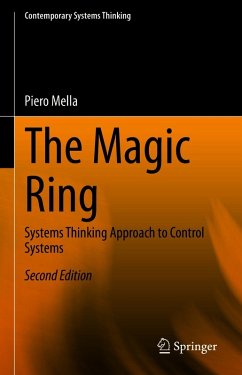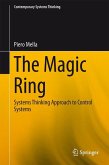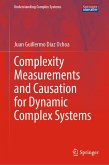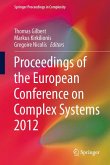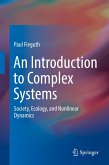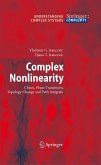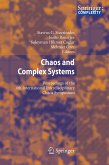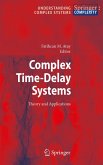It begins by reviewing the basic language of systems thinking and the models it allows users to create. It then introduces the control process, presenting the theoretical structure of three simple control systems we all can observe in order to gain fundamental knowledge from them about the basic structure of a control system. The next chapter presents the anatomy of the simplest "magic ring" and the general theoretical model of this system. This is followed by an introduction to a general typology of control systems and a broader view of control systems by establishing multi-lever control systems and multi-objective systems.
Dieser Download kann aus rechtlichen Gründen nur mit Rechnungsadresse in A, B, BG, CY, CZ, D, DK, EW, E, FIN, F, GR, HR, H, IRL, I, LT, L, LR, M, NL, PL, P, R, S, SLO, SK ausgeliefert werden.
"It is a self-contained work whose basic concepts are presented at the beginning and gradually introduces a true discipline of the control systems that is accessible to a large group of nonspecialists. ... A number of examples are aimed in systems found in organizations and companies, thus the text can aid in the professional growth of managers, consultants and corporate employees in general. Teachers, professionals and educated people in general can also find sources for reflection." (Vasile Dragan, zbMATH, Vol. 1303, 2015)

